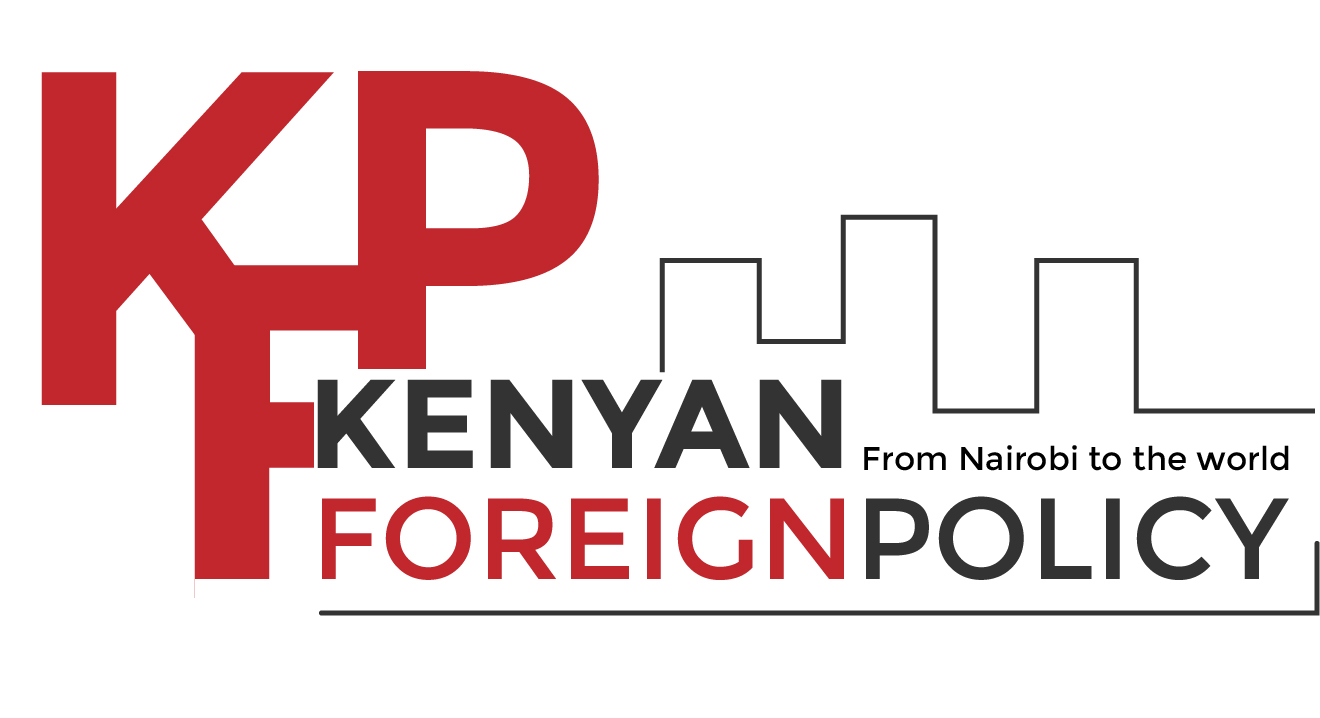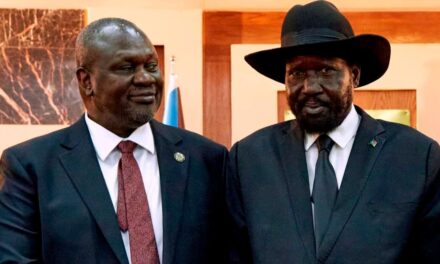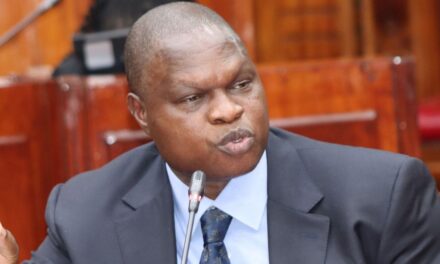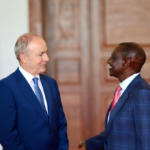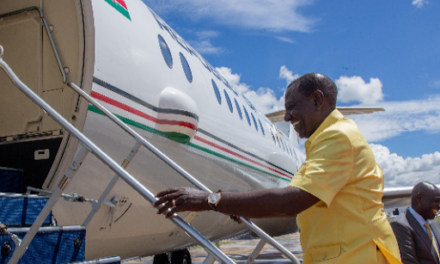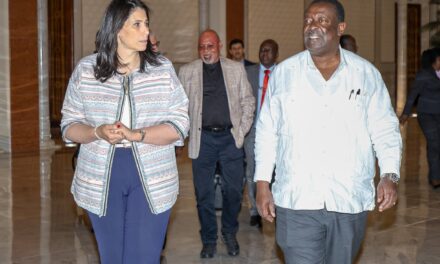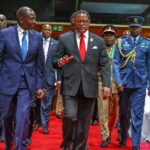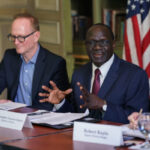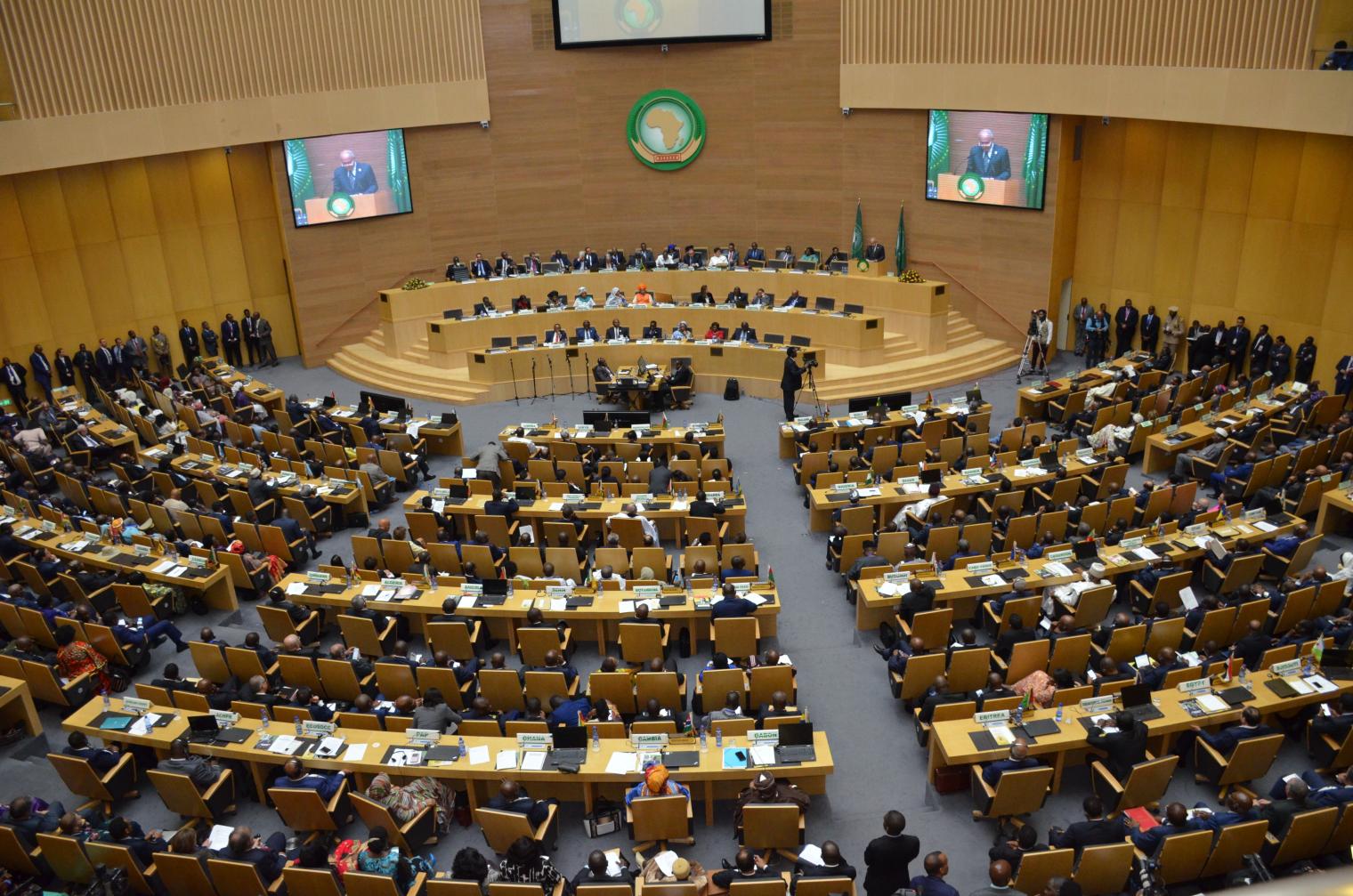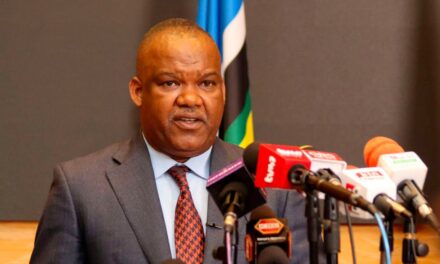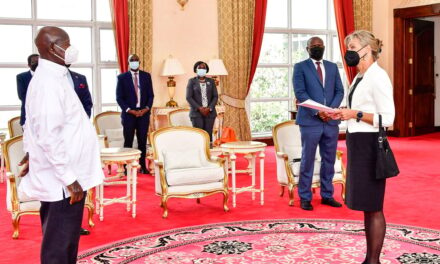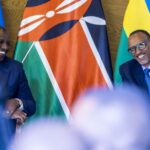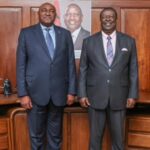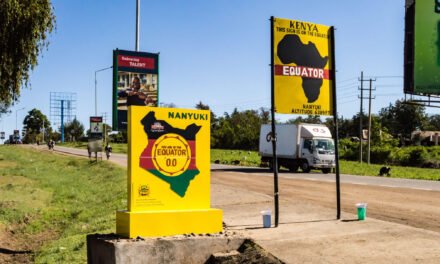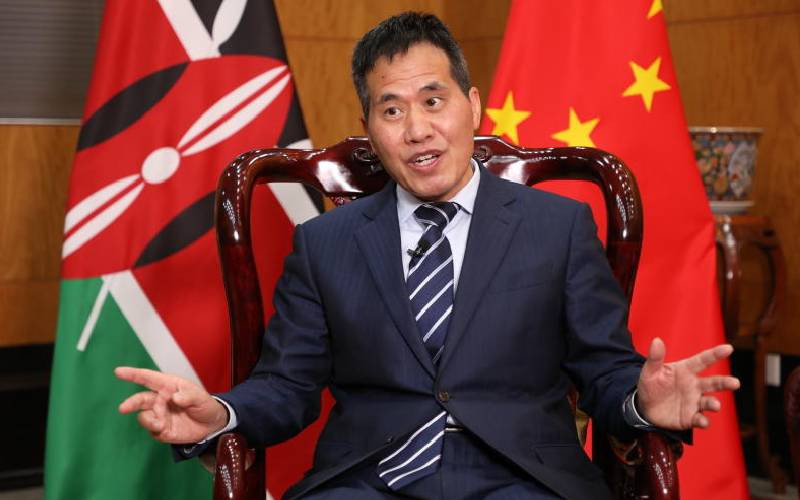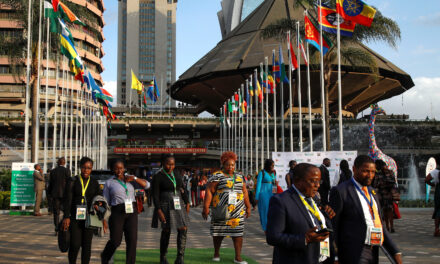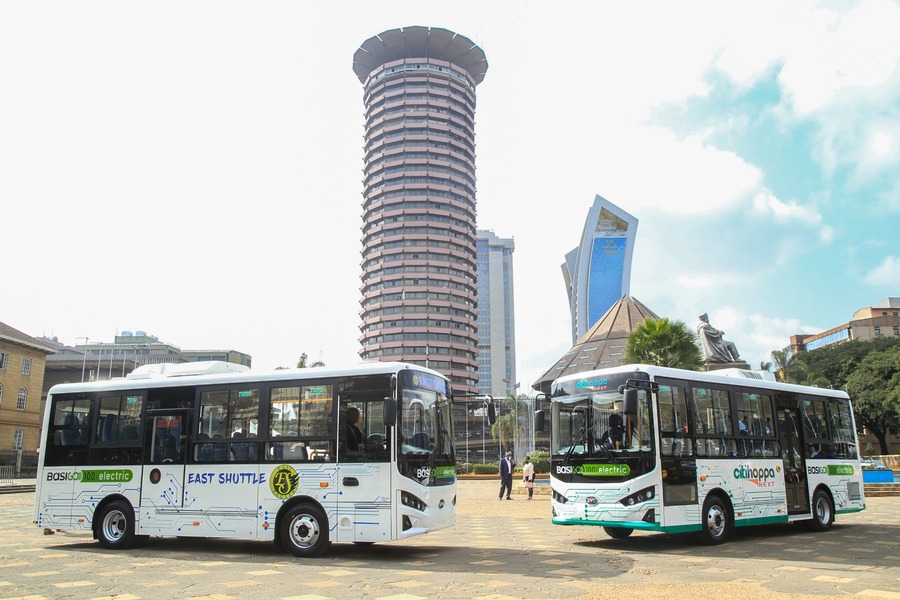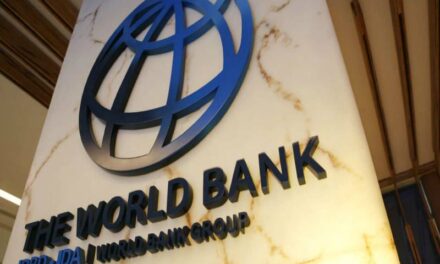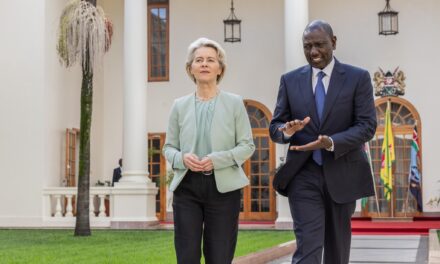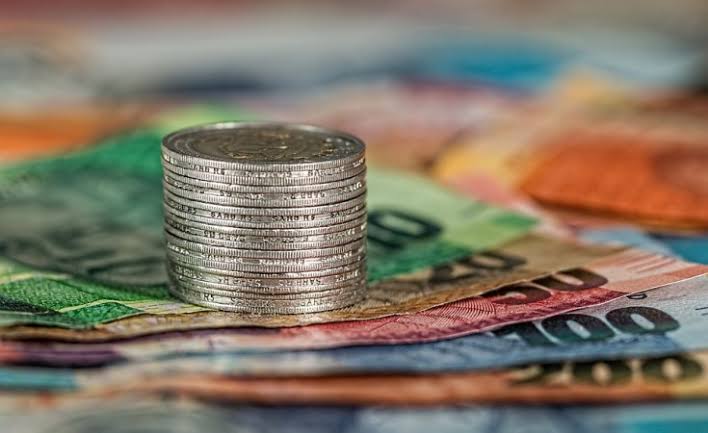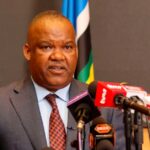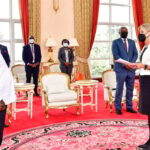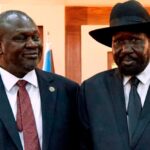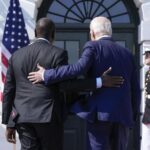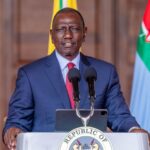
Why Taiwan is Likely to Appear During Ruto’s-Xi Jinping Talks
Posted by James Kinyua | Oct 15, 2023 | ONE-CHINA POLICY


President William Ruto left for China, on Saturday evening for his maiden visit to Beijing since coming to office a year ago.
President Ruto, who has widely been observed to have aligned with the West in the first year of his Presidency is scheduled to participate in the third conference to mark 10 years of the Belt and Road Initiative, he is expected to hold talks with his Chinese counterpart, President Xi Jinping.
Among the issues likely to be top on the agenda include infrastructure development, rail and ports, trade and investment, digital economy, Ruto’s pet subject reform of the international financial architecture as well as the United Nations Security Council, and the sensitive debt burden issues.
In his campaign rhetoric, Ruto, then Deputy President, and his allies were particularly critical of the borrowing spree, a lot of it substantially from China to finance infrastructure projects.
In July this year, President Ruto held talks with China’s Foreign Minister Wang Yi at State House, Nairobi.
During the meeting, the two sides committed to enhancing cooperation in the Belt and Road Initiative, which Kenya has been a beneficiary through the Standard Gauge Railway.
During the July talks, Ruto emphasized Kenya’s interest in prioritizing road development bilaterally and within the Forum on China-Africa Cooperation framework.
The President said Nairobi aims to work with Beijing to upgrade roads in the country, Jomo Kenyatta International Airport, and the ports of Mombasa and Lamu.
It was during the talks that France appeared to have lost the deal to expand the Mau Summit- Rironi highway to China, an agreement that was almost settled during President Uhuru Kenyatta’s tenure. The deal is likely to be settled in Beijing following a meeting between
Roads and Infrastructure Cabinet Secretary Kipchumba Murkomen and a Chinese delegation led by Deng Li, the Vice Minister of Foreign Affairs, in July.
The discussions were centered on “pending projects in the roads and transport sector as
discussed with President Ruto”.
The two leaders also discussed climate change, information and communications technology (ICT), education, security, and various other areas of shared concern, fostering closer ties between the two nations. This certainly set the stage for the escalation of the discussions at the highest level during the upcoming Ruto visit.
THE TAIWAN ISSUE
However, an interesting agenda is likely to come up during the talks.
China has made it clear that the Taiwan issue remains a top priority in its foreign policy.
While Kenya unequivocally maintains a One-China policy, an event early this year might have caught Beijing’s attention.
In May, former Kenya National Chamber of Commerce and Industry President Richard Ngatia played host to Chenhwa Lou, a Taiwan Representative of what the business agency termed as “the Republic of Somaliland also affiliated to Kenya”, to discuss the opportunities available in trade and investment.
For starters, Somaliland is an autonomous region in northern Somalia, which broke away and declared independence in 1991. It has been seeking international recognition, but no foreign power recognises Somaliland’s sovereignty, although some states maintain some political relations. It is self-governing with a government and holds elections.
In January 2022, then Foreign Affairs Cabinet Secretary Raychelle Omamo said Nairobi considers Somalia one entity with federal regions under autonomous administrations.
That position remains.
But in June of that year, Kenya’s Foreign Affairs ministry was forced to send a Note Verbale,
regretting “the inadvertent and inappropriate” presence of Somaliland’s flag at [then]
President Uhuru Kenyatta’s annual diplomatic address in Nairobi.
Responding to Somalia Ambassador to Kenya Mohamud Ahmed Nur’s walkout and formal protest, the Ministry of Foreign Affairs said it affirms its recognition of the sovereignty of “one Federal Somalia Government and the integrity of the Federal Somali state”.
Ambassador Ahmed Nur walked out of the Diplomatic Corps meeting over the presence of Somaliland’s representative Mohamed Barawani at State House Nairobi.
There is a common denominator as far as Somaliland and Taiwan are concerned.
China, too, maintains there is only “one China”, and that Taiwan is part of it. It views the People’s Republic of China as the only legitimate government of China, an approach it calls the One-China principle and seeks Taiwan’s eventual “unification” with the mainland.
“The de facto basis for the one-China principle is unshakable. Taiwan has belonged to China since ancient times. The earliest references to this effect date back to the year 230,” Beijing maintains.
It further notes, “The de jure basis for the one-China principle is unshakable. In 1943, the Cairo Declaration was issued by the Chinese, US, and British governments, stipulating that Japan should return to China all the territories it had stolen from China, including Taiwan and the Penghu Islands”.
President Xi Jinping has maintained, that the 1992 Consensus reflects an agreement that “the two sides of the strait belong to one China and would work together to seek national reunification.”
It is against this background that the Ngatia- Chenhwa meeting might be revisited.
A statement issued by the KNCCI after the meeting said the Chamber highlighted the
importance of strengthening ties between Kenya and Taiwan in trade and investment.
“He [Ngatia] emphasized that Kenya is an attractive destination for foreign investment, and Taiwanese investors can benefit greatly from the country’s strategic location, skilled workforce, and abundant natural resources.
“Ambassador Chenhwa Lou, on the other hand, expressed his country’s interest in exploring business opportunities in Kenya. He noted that Taiwan has expertise in various sectors, including healthcare, technology, manufacturing, value addition, and e-mobility, and is keen to share this knowledge with Kenyan businesses,” the statement said.
Both parties agreed to collaborate further to promote trade and investment between “the two countries. They identified key areas of cooperation, including technology transfer, joint
ventures, scholarships, and capacity building”, it added.
The meeting was a follow-up from a networking dinner hosted by Chenhwa for KNCCI
members led by then-chamber First Vice President Dr. Erick Rutto, who is now the president, to engage on available opportunities between Kenya and Taiwan markets.
Notably, Kenya does not have official relations with Taiwan and considers the island part of China, in line with Beijing’s position.
It, however, hosts the Taiwan Trade Centre, Nairobi.
Founded in 1970, TAITRA describes itself as “Taiwan’s foremost non-profit trade promoting organization” that is “sponsored by the government and industry organizations” to assist enterprises in expanding their global reach.
In April 2016, Kenya deported two groups of Taiwanese to China after they were acquitted in a cybercrime case, a move that drew protestations from Taipei.
The Kenyan government said the people were in Kenya illegally and were being sent back to where they had come from.
Amina Mohamed, the Foreign Minister at the time told Reuters that Kenya doesn’t have official relations with Taiwan.
“We believe in the ‘One China’ policy. We have diplomatic relations with China. We haven’t seen the official protest, we are hearing it from the media,” Amina said.
Your support empowers us to deliver quality global journalism. Whether big or small, every contribution is valuable to our mission and readers.
